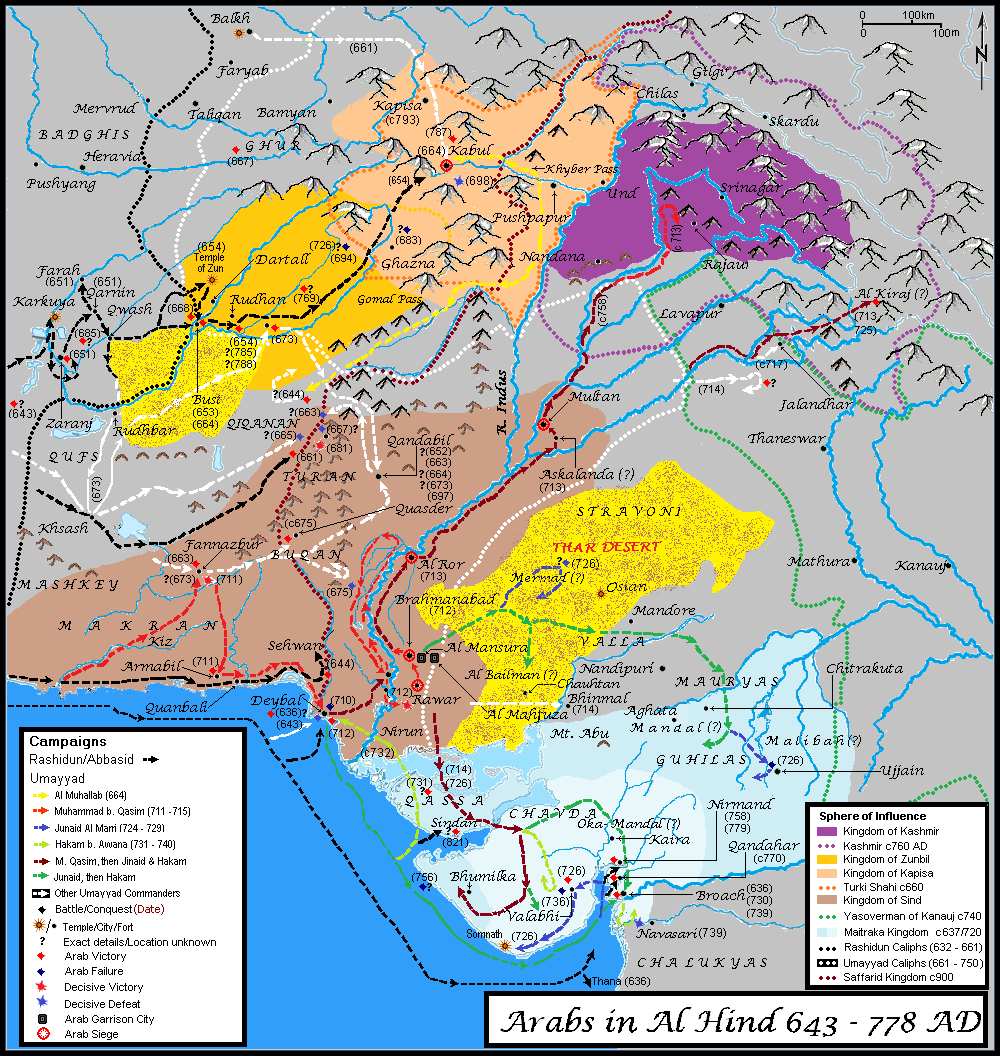|
Battle Of Tallikota
The Battle of Talikota (23 January 1565) was a watershed battle fought between the Vijayanagara Empire and an alliance of the Deccan sultanates. The battle resulted in the defeat of Aliya Rama Raya which led to the eventual collapse of the polity and reconfigured Deccan politics. The specific details of the battle and its immediate aftermath are notoriously difficult to reconstruct in light of the distinctly contrarian narratives present across primary sources. Defeat is usually blamed on the gap in relative military prowess. Orientalist and nationalist historians asserted of the battle to be a clash of civilizations between Hindus and Muslims; Contemporary scholars reject such characterizations as flawed. Background Rama Raya, after his installation of a patrimonial state and emerging as the ruler, adopted a political strategy of benefiting from the internecine warfare among the multiple successors of the Bahmani Sultanate, and it worked well for about twenty years of his r ... [...More Info...] [...Related Items...] OR: [Wikipedia] [Google] [Baidu] |
Muslim Conquest In The Indian Subcontinent
The Muslim conquests in the Indian subcontinent mainly took place from the 13th to 17th centuries. Earlier Muslim conquests include the invasions into what is now modern-day Pakistan and the Umayyad campaigns in India in eighth century and resistance of Rajputs to them. Mahmud of Ghazni, who was the first Sultan, and preserved an ideological link to the suzerainty of the Abbasid Caliphate, invaded and plundered vast parts of Punjab and Gujarat, starting from the Indus River during the 11th century. After the capture of Lahore and the end of the Ghaznavids, the Ghurid ruler Muhammad of Ghor laid the foundation of Muslim rule in India. In 1206, Bakhtiyar Khalji led the Muslim conquest of Bengal, marking the easternmost expansion of Islam at the time. The Ghurid Empire soon evolved into the Delhi Sultanate, ruled by Qutb ud-Din Aibak, the founder of the Mamluk dynasty (Delhi), Mamluk dynasty. With the Delhi Sultanate established, Islam was spread across most parts of the Indian ... [...More Info...] [...Related Items...] OR: [Wikipedia] [Google] [Baidu] |
Ibrahim Quli Qutb Shah Wali
Ibrahim Qutb Shah Wali (1518 – 5 June 1580), also known by his Telugu names Malki BhaRama and Ibharama Cakravarti, was the fourth ruler of the kingdom of Golconda in southern India. He was the first of the Qutb Shahi dynasty to use the title "''Sultan''".Masʻūd Ḥusain K̲h̲ān̲, ''Mohammad Quli Qutb Shah'', Volume 216, (Sahitya Akademi, 1996), 2. He ruled from 1550 to 1580. He lived for seven years in exile at the court of Vijayanagara as an honoured guest of Rama Raya. Ibrahim is known for patronizing Telugu extensively because he was moved by a genuine love for the language. Biography Ibrahim was born the son of Quli Qutb Mulk, founder of the Qutb Shahi dynasty of Golconda. His father, an ethnic Turkmen, had emigrated to India with his family as a young man and taken employment in the court of the Bahmani Sultanate in the Deccan. He had risen steadily in the army and, when the Bahamani sultanate had splintered and collapsed, he had carved out a sizable principal ... [...More Info...] [...Related Items...] OR: [Wikipedia] [Google] [Baidu] |
Malik E Maidan
Malik, Mallik, Melik, Malka, Malek, Maleek, Malick, Mallick, or Melekh ( phn, 𐤌𐤋𐤊; ar, ملك; he, מֶלֶךְ) is the Semitic term translating to "king", recorded in East Semitic and Arabic, and as mlk in Northwest Semitic during the Late Bronze Age (e.g. Aramaic, Canaanite, Hebrew). Although the early forms of the name were to be found among the pre-Arab and pre-Islamic Semites of the Levant, Canaan, and Mesopotamia, it has since been adopted in various other, mainly but not exclusively Islamized or Arabized non-Semitic Asian languages for their ruling princes and to render kings elsewhere. It is also sometimes used in derived meanings. The female version of Malik is Malikah ( ar, ملكة; or its various spellings such as Malekeh or Melike), meaning "queen". The name Malik was originally found among various pre-Arab and non-Muslim Semitic peoples such as the indigenous ethnic Assyrians of Iraq, Amorites, Jews, Arameans, Mandeans, Syriacs, and pre-Is ... [...More Info...] [...Related Items...] OR: [Wikipedia] [Google] [Baidu] |
Dakhni
Deccani (also known as Deccani Urdu and Deccani Hindi). https://knowledgehubadda.blogspot.com/2022/02/blog-post_74.html? m=1 or Dakni, Dakhni, Dakhini, Dakkhani and Dakkani (, ''dekanī'' or , ''dakhanī''), is a variety of Hindustani spoken in the Deccan region of India and the native language of the Deccani people. Commonly associated with Urdu, the historical dialect sparked the development of Urdu literature during the late-Mughal period, and was a predecessor to and later influenced modern standard Hindi. It arose as a lingua franca under the Delhi and Bahmani Sultanates, as trade and migration from the north introduced Hindustani to Southern India. It later developed a literary tradition under the patronage of the Deccan Sultanates. In the modern era, it has survived only as a spoken lect. Deccani differs from Hindustani due to archaisms retained from the medieval era, as well as convergence with regional languages like Marathi, Telugu and Kannada spoken in the state ... [...More Info...] [...Related Items...] OR: [Wikipedia] [Google] [Baidu] |


.jpg)